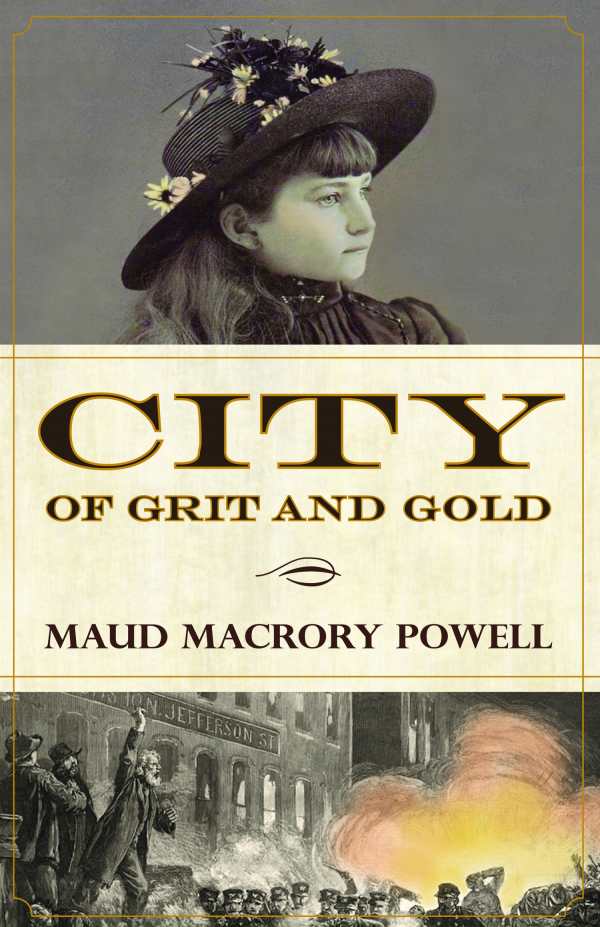
City of Grit and Gold
Maud Macrory Powell’s *City of Grit and Gold *is a historical novel that places a family conflict at the center of a political battle, raising questions about privilege, duty, and assimilation.
Twelve-year-old Addie lives with her family in a Jewish neighborhood of Chicago in 1886. The city is tense, with striking workers demanding rights that include an eight-hour workday. While Addie’s father, the owner of a hat shop, disapproves of the strikes, Addie’s charming Uncle Chaim is a vocal supporter and participant. To make matters even more complicated, many of protests are divided along immigrant lines: while many immigrants, including members of Addie’s own family, support the strikes, others reject them, especially in the aftermath of what would come to be known as the Haymarket Affair.
Addie is just on the cusp of adulthood, so she is trying to feel out her own moral judgments about the events that are unfolding. Much of that is colored by her familial loyalty, though the conflict between her beloved Uncle Chaim and hardworking father help open her mind to different perspectives. The novel takes a significant historical event and, through Addie and her family, presents the subtleties of a difficult argument while never losing sight of right and wrong.
City of Grit and Gold is an ideal pick for teachers and librarians who may want to use the work to supplement lessons on American history or have meaningful discussions about rights, immigration, and protesting.
Reviewed by
Stephanie Bucklin
Disclosure: This article is not an endorsement, but a review. The publisher of this book provided free copies of the book to have their book reviewed by a professional reviewer. No fee was paid by the publisher for this review. Foreword Reviews only recommends books that we love. Foreword Magazine, Inc. is disclosing this in accordance with the Federal Trade Commission’s 16 CFR, Part 255.
